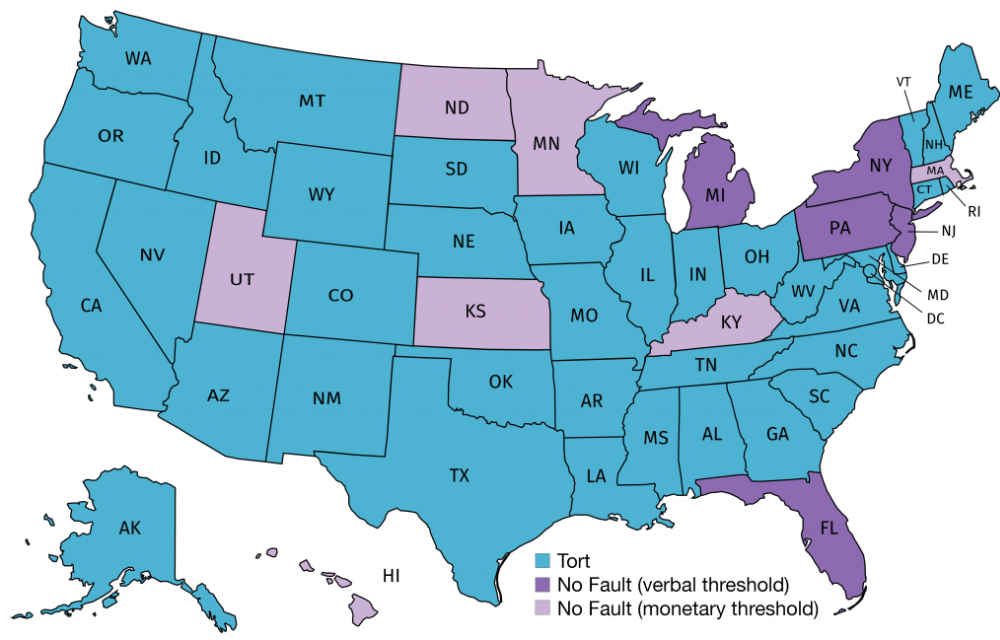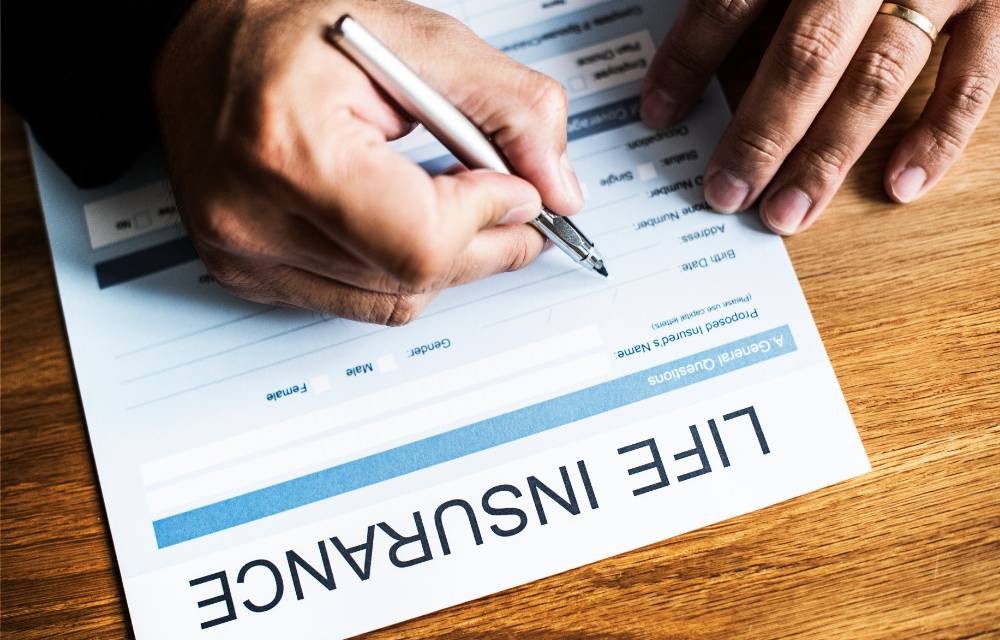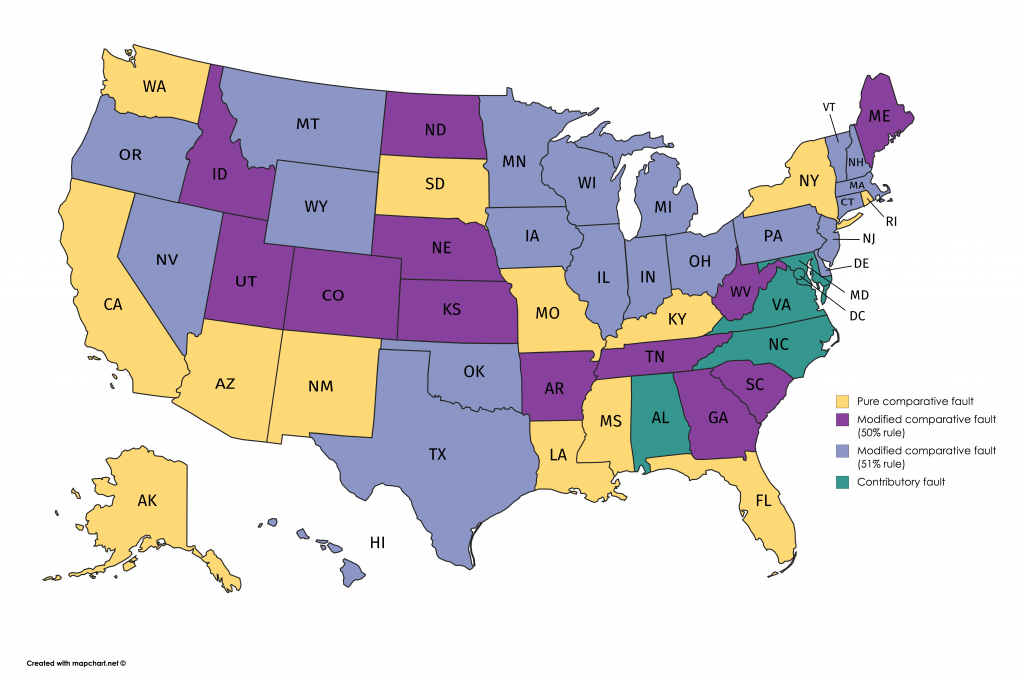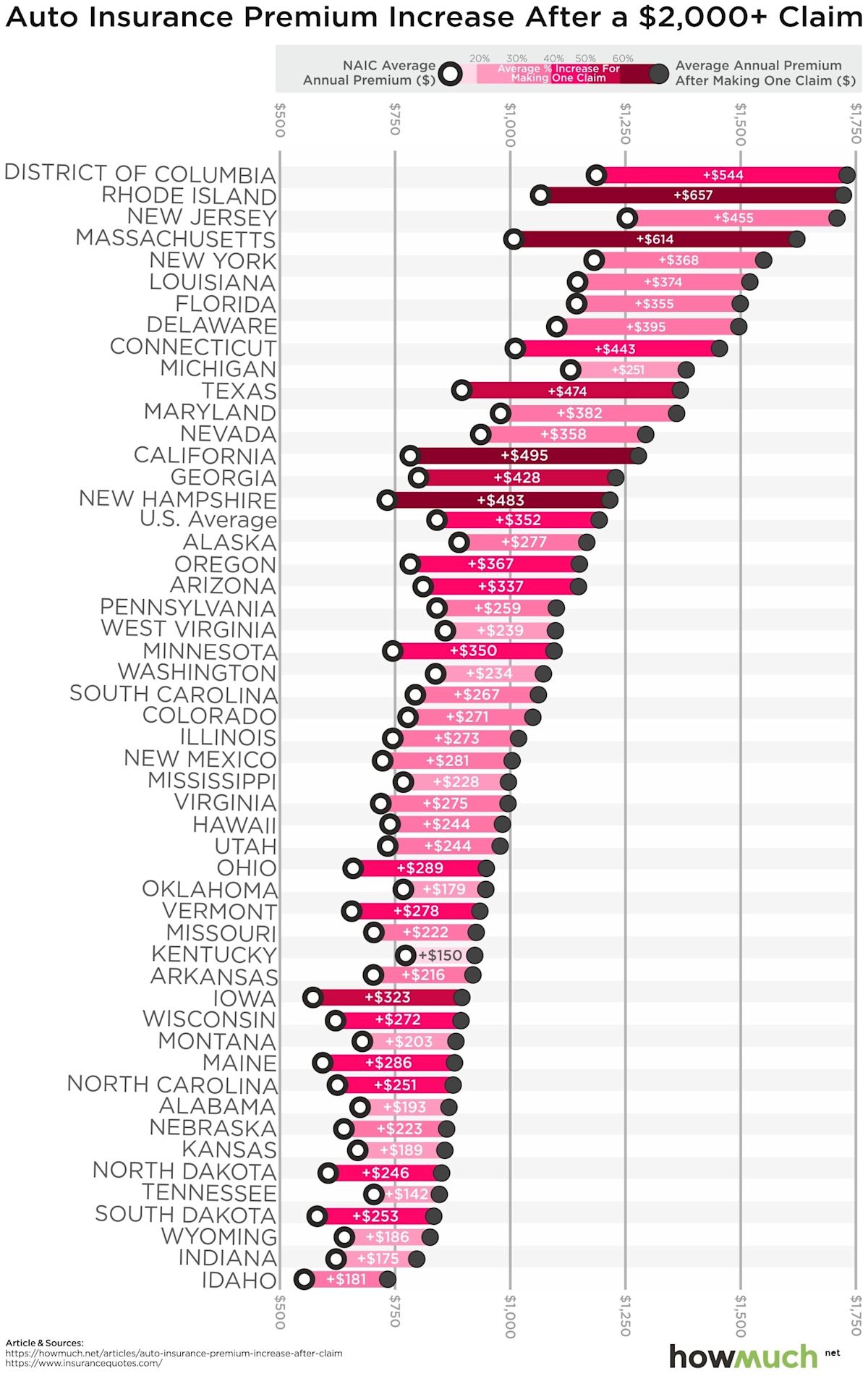
How Coverage Concludes When Others Crash Your Car
TABLE OF CONTENTS
How the Rules Apply When Someone Crashes Your Car
So, what happens when someone else is driving my car and gets in an accident? Short answer: an insurance policy covers a specific car, not a specific driver. Thus, if someone driving your car gets in an accident, your insurance will be the one to cover it.
That said, there are subtleties and cases where things work out differently. First off, let’s look at how insurance covers both drivers and vehicles involved. The main distinction here lies between whether you live in a no-fault or at-fault (tort) state.
KEY TAKEAWAYS
- 1
An insurance policy covers a specific car, not a specific driver.
- 2
In at-fault states, the driver who is to blame for the accident will file a claim against the other driver's insurance to cover any damages.
- 3
In no-fault states, each driver files a claim with their own insurance. However, there are exceptions to these rules, such as if the driver was a household member or excluded on the policy.
At-Fault State
Before we go into how insurance applies, you need to figure out what type of at-fault state you live in. There are four flavors, each with its own rules. The map below and accompanying descriptions of each will give you an idea of how fault will apply to insurance claims and payments.
All Vehicles Involved
In an at-fault (tort) state, whose insurance covers what depends on who is to blame for the crash. In both cases, any damage to your car will be covered by your collision coverage. The other driver’s insurance will do the same for theirs. That part is simple enough.
The Other Driver
It is a different story if there are injuries or other property damage when someone gets your car in an accident. If they are the cause of the crash, the other driver will file a claim against your insurance. This will payout to cover any medical bills or property damage. (That bit is where the type of at-fault state you live in becomes most important).
What if the damages exceed your liability limits? In the case where your insurance does not have enough coverage, the policy (if they have one) of the driver who caused the accident will step in to cover the rest. The reverse of all this is true if the other driver is at fault. The person who was driving your car would file a claim against the other driver’s policy for any damage to property or person.
The Driver
If the driver of your car suffers an injury, their medical bills would likely be on them. Though it is possible your or their MedPay or PIP coverage could apply.
No-Fault State
In a no-fault state, everyone only files with their own insurer. You make a claim on your own policy for any damage to a vehicle, person, or property. The same would apply to the other driver. However, in some states, the other driver may be able to sue for damages if certain thresholds are met.
Exceptions to the Rule
There are of course exceptions. Let's say the person you are loaned the car to is a household member or otherwise frequent user of your car. If they are not listed on your policy, you will run into trouble when making a claim. Your insurer may use this as grounds for denying coverage and be in their rights to do so. The same goes for when you lend the car to an excluded driver (i.e. someone you have specifically excluded on your policy). Note: Kansas, Michigan, New York, Virginia, and Wisconsin do not allow such driver exclusions.
Another exception applies if the vehicle was taken without your permission. If the car is stolen and then crashed, your comprehensive coverage would cover repairs instead of your collision coverage. If a friend takes it, however, this is deemed “unauthorized use” instead of theft. In this case, your collision coverage would apply instead of comprehensive.
Possible Car Borrowing and Crashing Scenarios
Let’s look at a few scenarios to see how insurance plays out in each case. Things differ based on a few variables.
Who borrows the car
Whether they have permission
Their insurance status
Whether you live in a no-fault or tort state
Insured:
Driving Car With Permission and Causes Accident
Since a policy follows a vehicle, not a person, your insurance will primarily apply. Repairs to the car will come entirely from your collision coverage if you have any. If you don’t have collision coverage but your friend does, there is a (small) chance their policy will cover it. You will have to read your friend’s policy carefully. Look for what qualifies as a “non-owned auto” or something similar. Your car may qualify as a non-owned auto under your friend’s policy. If it does, then your friend’s policy would cover your car. If you speak with an adjuster, politely (but persistently) ask about this specifically. Find out exactly why it would not qualify as a non-owned auto.
Damages to others on the other hand, whether injury, vehicle or other property, will come from your liability coverage. If those damages exceed your policy limits, your friend’s policy can often apply secondarily to cover the rest. Known as “pro-rata” (i.e. proportional).
If your friend was also injured, they could get coverage if you or they have Medical Payments (MedPay) or Personal Injury Protection (PIP) coverage. PIP and MedPay are different from the rest of the insurance policies and tend to follow a driver first and a vehicle second. (Sometimes MedPay follows the vehicle and not the driver though, so check your policy). That means they may be able to use your PIP or MedPay as secondary coverage if you have it.
What if you live in a fault (tort) state and your friend is not at fault? Any injuries or property damage would come from the other driver’s insurance instead of yours. This varies by what type of tort state it is though. If it was a no-fault state, both you and the other driver would make claims on your own policies.
Uninsured:
Accident When Driving With Permission
There’s only one difference here. You won’t have your friend’s insurance to serve as backup. Thus, if injuries or property damage exceed your limits, you may suffer a lawsuit for the rest.
Unlicensed:
Driving a Car With Permission and Getting in an Accident
This is a bad idea. Many policies can exclude coverage if a driver does not have a current license. If your friend has no license, they are likely uninsured as well. That leaves you with no insurance coverage at all. Your insurer may allow you to use your collision coverage. But if the policy excludes non-licensed drivers, it is unlikely they will cover any liability for other damages.
In that case, any injuries to others or their property will entirely come out of your pocket. You can argue that it was not you driving, but car owners often have liability for anyone they permit to drive their car.
Accident When Driving Car Without Permission
What if your insured friend borrowed your car without your knowledge or permission? Their insurance will generally kick in first. Unlike theft, insurers refer to this as “unauthorized use.” You may have to provide evidence that you did not give permission or know about it. Making a police report about this unauthorized use and the crash can help. Lying about it is a bad idea. Insurance fraud is a crime, and if caught, you’ll have financial and legal issues to deal with. You may still have to use your own collision coverage for damage to your vehicle though.
If your friend has no insurance, you will likely have to use your own to cover any injuries to other people, their vehicles, or their property.
Crash after Car is Stolen
In this case, your comprehensive coverage will pay for damages to your vehicle instead of collision coverage. If the thief is caught and has insurance, their policy may cover injuries or damages to other people or their property. If they do not, or their insurer denies coverage, your own insurance will apply.
Insurance Price Impact When Someone Driving your Car Gets in an Accident
Will my rates go up if they got in an accident?
Even though it is your friend’s behavior that crashed your car, your insurance rates may still go up. As discussed, policies follow the vehicle, not the driver. You may be spared an increase, but it depends on a few factors.
Will my rates go up if someone driving my car gets a ticket?
In this case, you should be in the clear. Tickets apply to an individual’s driving record, not to a vehicle. Since no one is making claims on anyone else’s insurance, your insurer has little reason to penalize you. Your friend, however, may find an unpleasant surprise when they go to renew their policy. Moving violations are often reported to the state DMV. When it comes time for the policy’s renewal, insurers may pull the records from the DMV. With that, they may adjust premiums accordingly.
Checklist Before You Lend Your Car
Make sure you have collision coverage.
If you don’t, make sure your friend’s collision coverage applies to your vehicle.
If possible, only lend to others who also have insurance.
Do not lend it to those who drive your car often. Add them to your policy instead.
Never lend to someone who is intoxicated, unlicensed, or excluded from your policy.
FAQ
Is it legal to drive a borrowed car without your own insurance?
Yes, as long as the owner of the car has insurance, it is legal to drive the car.
What if a person driving your car has their own insurance in a crash?
The owner of the car’s insurance would apply first. The car borrower’s insurance would only come in if the owner’s liability (property damage and bodily injury) coverage limits are exceeded.
What if there's a crash after someone takes your car without your permission?
It depends on whether the car was stolen or taken without permission by someone you know. If stolen, your coverage will apply. If it was someone you know though, it could go either way. See the no-permission crash scenario above for more details.
TABLE OF CONTENTS


Trying to find the best insurance?
We'll help you find the policy that offers the best value for your situation.
Further Reading

Navigating the Digital Insurance Landscape Considerations
A look at the immense value and high customer lifetime potential within the insurance sector.
Read article

When is Term Life Insurance Worth it?
Decide if term life's advantages are worth it: compare whole vs term life insurance, assess top term providers, and delve into in-depth reviews.
Read article

Insurance Binder: Bridging Between Coverage and Confirmation
From car loans to rental properties, insurance binders are required in a variety of situations. Discover the ins and outs of these essential documents.
Read article

Haven Life Review: Providing Prudent and Protective Policies
Uncover the benefits and drawbacks of Haven Life's term insurance policies, along with eligibility details, pricing, and customer feedback..
Read article
Start Comparing Quotes
Search from our learning center to learn everything from how to easily switch your car insurance to the ins and outs of home insurance.
Fill out just one form and get multiple quotes!




